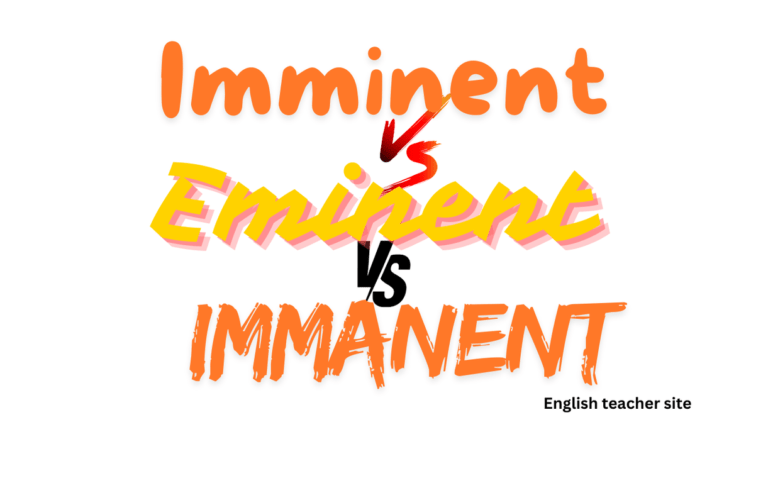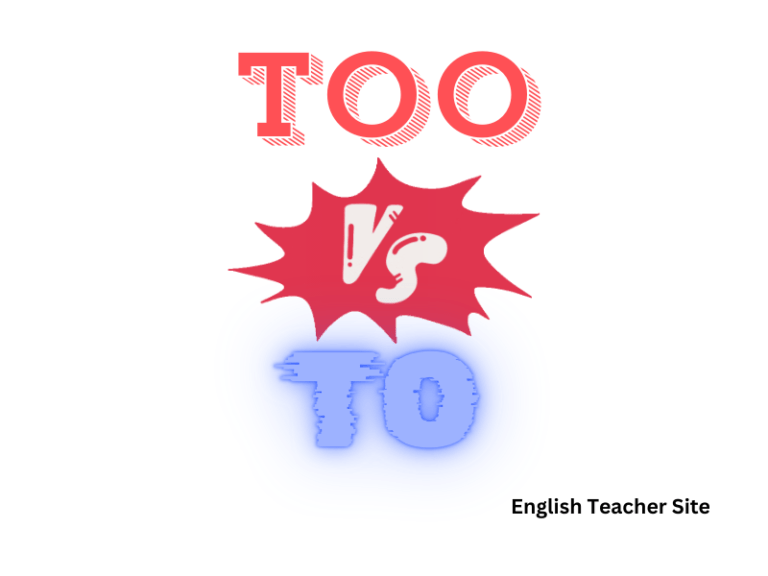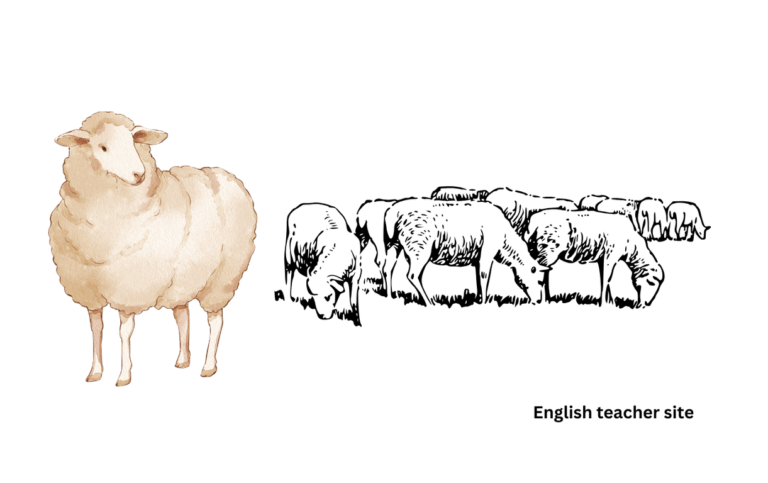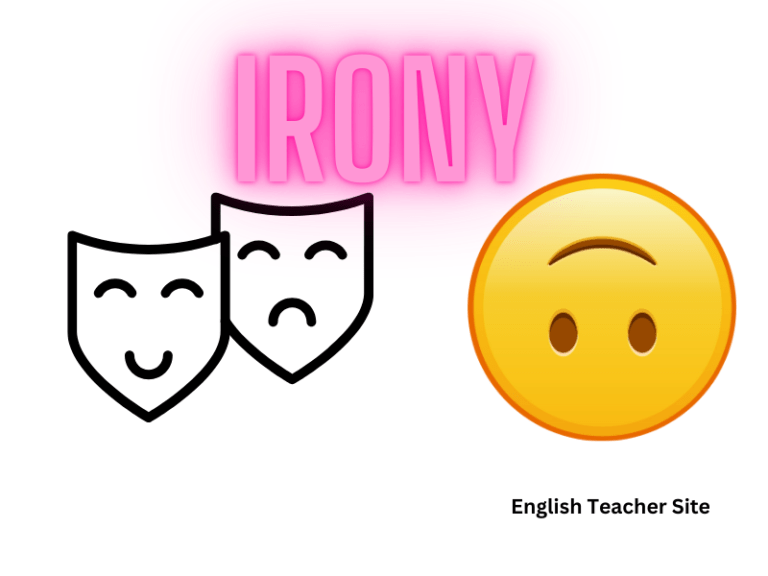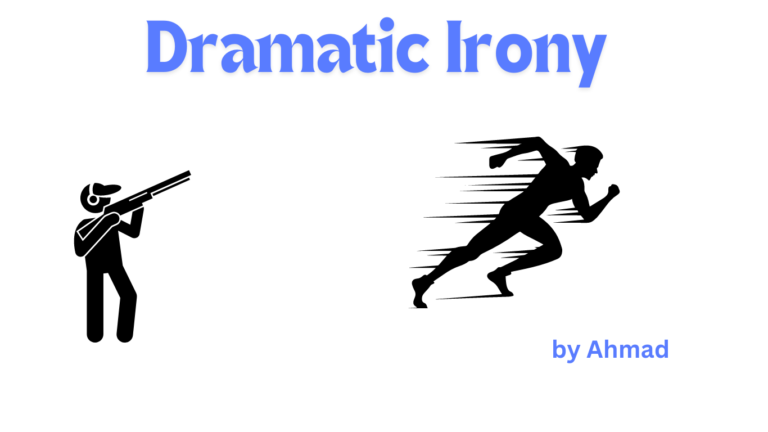Is It Rational or Rationale: Understanding the Distinction

- “Rational” is an adjective indicating logic or reason.
- “Rationale” is a noun that refers to the reasoning behind a decision.
- Although similar in spelling, “rational” and “rationale” have different meanings and uses.
On the other hand, “rationale” is a noun. It refers to the underlying reason or explanation for something. When one provides a rationale, they are offering the justification or reasoning behind their decisions or beliefs. Knowing when to use each term correctly can enhance your writing clarity and prevent misunderstandings.
Is it Rational or Rationale: What’s the Difference?
‘Rational’ acts as an adjective; it describes someone or something as logical or sensible. A rational person is one who thinks clearly, forming judgments or opinions based on reason rather than emotion. Here’s a quick reference:
| Rational | |
|---|---|
| Part of Speech | Adjective |
| Definition | Logical, based on reason |
| Example | She made a rational decision. |
Conversely, ‘rationale’ is a noun that refers to the underlying reason or explanation for something. It is often used in more formal contexts, such as academic writing or policy discussions, to elucidate the foundation of a particular argument or decision.
| Rationale | |
|---|---|
| Part of Speech | Noun |
| Definition | Fundamental reason or explanation |
| Example | The rationale for the policy was detailed in the report. |
To use them correctly, consider the role they play in a sentence:
- Rational: “The scientist provided a rational explanation for the phenomenon.”
- Rationale: “The educator outlined the rationale behind the new teaching method.”
In sum, ‘rational’ and ‘rationale’ are distinct in both meaning and function within the realms of the English language.
Exploring Rational and Rationale
In dissecting the intricacies of the words “rational” and “rationale,” it’s crucial to understand their distinct linguistic roles and applications. “Rational” pertains to logic and sound judgment, while “rationale” conveys the underlying reasoning or explanation for actions.
Definitions and Uses
- Rational(adjective): Concerning logic or reason; having the ability to think clearly, often associated with sound judgment.
- Uses: Describes a person, decision, or idea that is based on logical reasoning rather than emotions.
- Rationale(noun): The fundamental reason or explanation for something; an articulated justification for a particular belief or action.
- Uses: Provides the supporting basis or evidence for a decision, belief, or course of action.
Contextual Applications
| Term | Application in Context |
|---|---|
| Rational | In behaviors or decision-making that exhibit logical thinking. |
| Rationale | In research or analysis, explaining the underlying reason. |
Understanding the application of each term helps in determining which to use in a given context; “rational” emphasizes the nature of the action or thought, whereas “rationale” focuses on the supporting justification behind it.
Sentence examples with ‘rational’
- The jury’s verdict was based on rational analysis of the evidence.
- She made a rational decision to save money for unforeseen expenses.
Sentences employing “rational” frequently reflect scenarios where logical reasoning prevails over emotions or impulsive actions.
Sentence examples with ‘rationale’
- The scientist provided a compelling rationale for the experimental design.
- His rationale for declining the offer was his commitment to another project.
“Rationale” in sentences commonly provides a solid foundation for why a particular action was taken or belief was held.
Synonyms of ‘rationale’ & ‘rational’
Rationale: explanation, reasoning, basis, justification, grounds
Rational: logical, sensible, reasonable, sound, analytical
Origin of ‘rationale’ & ‘rational’
Rational
Derived from the Latin word “rationalis,” which relates to reason or thinking.
Rationale
Stems from the French term raison, meaning reason, which in turn has its roots in the Latin word “ratio” signifying a reasoned calculation.
Understanding the origin of the terms reveals their deep connection to logic, reasoning, and analytical thought, emphasizing their historical context within language.
Source
Harper, Douglas. “Etymology of rationale.” Online Etymology Dictionary
Harper, Douglas. “Etymology of rational.” Online Etymology Dictionary
My name is Khamis Maiouf. I am the creator of the English Teacher Site, dedicated to providing valuable resources and insights for students around the world. With a passion for education and a commitment to helping students enhance their skills, I aim to make English teaching more effective and enjoyable for both educators and students.

